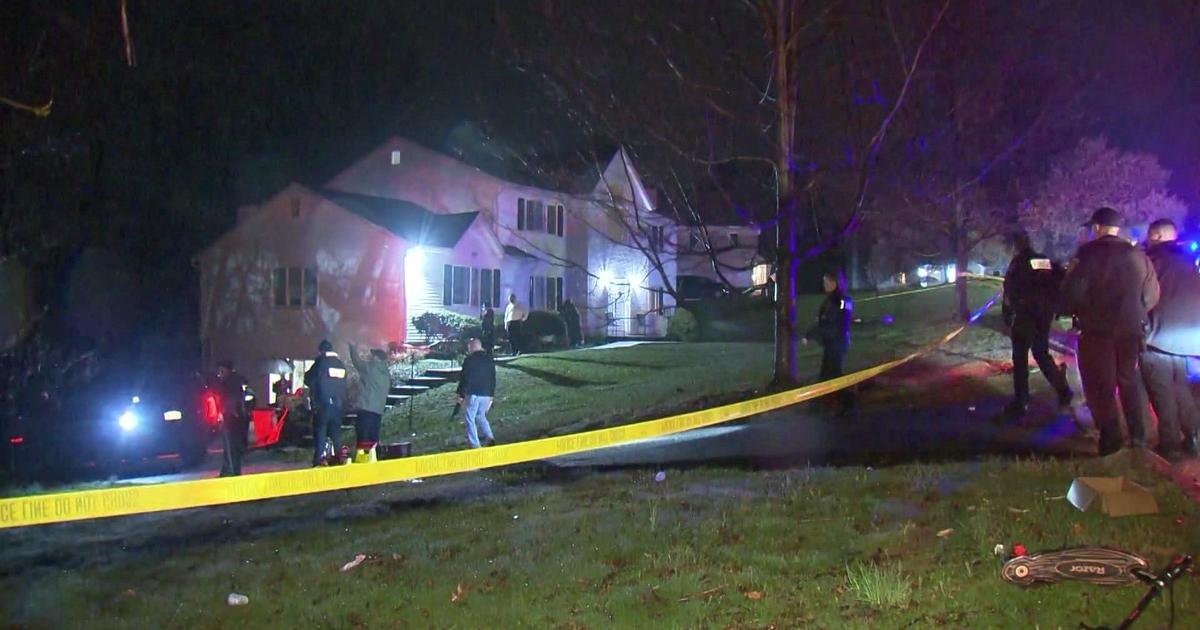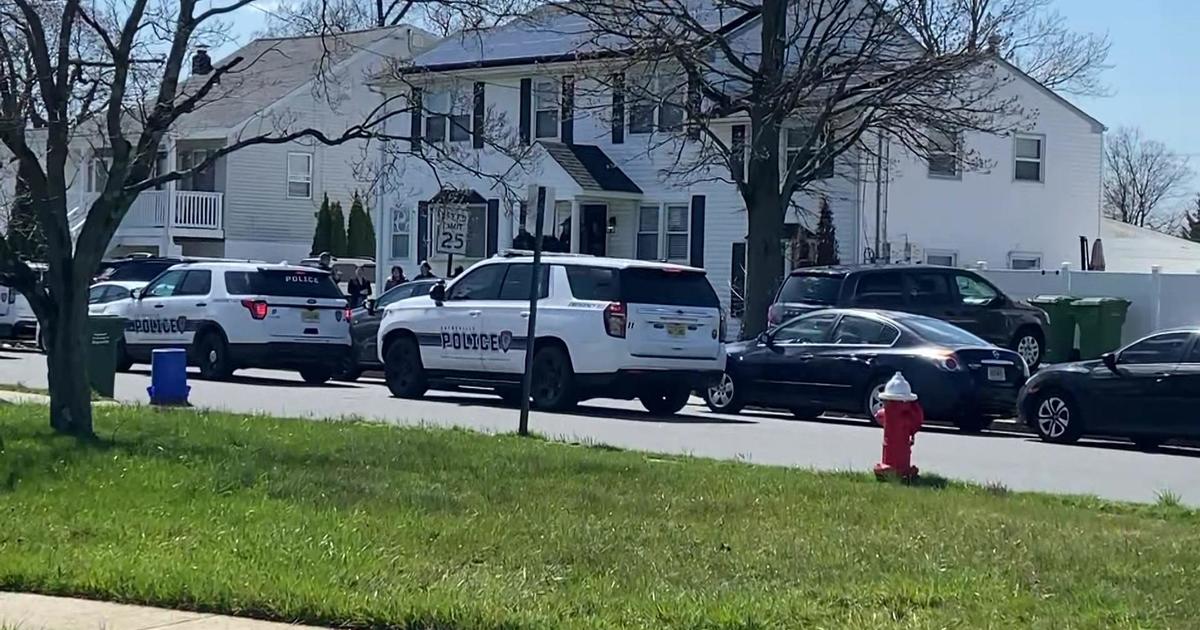Oyster Bay Football Players Say They're Safer With High-Tech Helmets
OYSTER BAY, N.Y. (CBSNewYork) -- Oyster Bay, Long Island has begun use of football players with electronic sensors to help prevent head injuries.
As CBS News' Jamie Yuccas reported Wednesday, the growing number of football-related injuries among young athletes has left many parents and experts questioning the safety of America's most popular sport.
Reports from the Centers for Disease Control and Prevention showed the number of reported concussions has doubled in the last 10 years.
And the eighth football player to die on a high school field was laid to rest on Wednesday in Kansas. While it is unknown if his injury could have been prevented, schools are looking at whether their helmets are safe enough.
But the Oyster Bay Baymen take football practice seriously – no one hits with his head. Linebacker Jason Perez learned that lesson the hard way after a concussion last season.
"I don't remember much from it," Perez said. "I just remember putting on my cleats, and then sitting at home, after our scrimmage and thinking like, 'How did I get here?'"
All football players, including high schoolers, have a 75 percent chance of suffering a concussion. One in five have more than one.
The numbers, and the death of a player at a neighboring school on Long Island, had the board of education considering canceling football last year. Instead, the board bought the team five-star safety-rated helmets.
"The crown of the helmet has a little cutout here that gives for the player when they have a contact, and another big change -- there used to be bolts and screws over here on the front of the forehead, those are now moved to the temple," explained athletic trainer Kevin Trentowski.
Inside, the helmets have wireless sensors that instantly notify coaches of potentially dangerous hits.
The high-tech helmets are not just protecting the players. The data are helping coaches, as well as researchers, who are now looking at how effective they really are.
"There is no perfect helmet that prevents all injuries," said Dr. Stefan Duma.
Duma started his career rating the safety of cars. Now as a biomedical engineering professor at Virginia Tech, he uses the same methods to rate helmets.
The helmets are tested on a model filled with sensors, and struck 120 times at various angles.
Duma and his team look at how the helmets respond to both high- and low-impact hits.
"If you move from a one-star to a four-star, that reduces your risk of concussion by 50 percent," Duma said.
That gives player such as Perez a stronger defense against injury.
"I believe with these new helmets, we're safer now," Perez said.
That means players can keep their heads in the game in more ways than one.
The higher-rated helmets can be more expensive -- between $200 and $400. But researchers say they last 10 years and are likely to come down in price as newer models hit the market.



